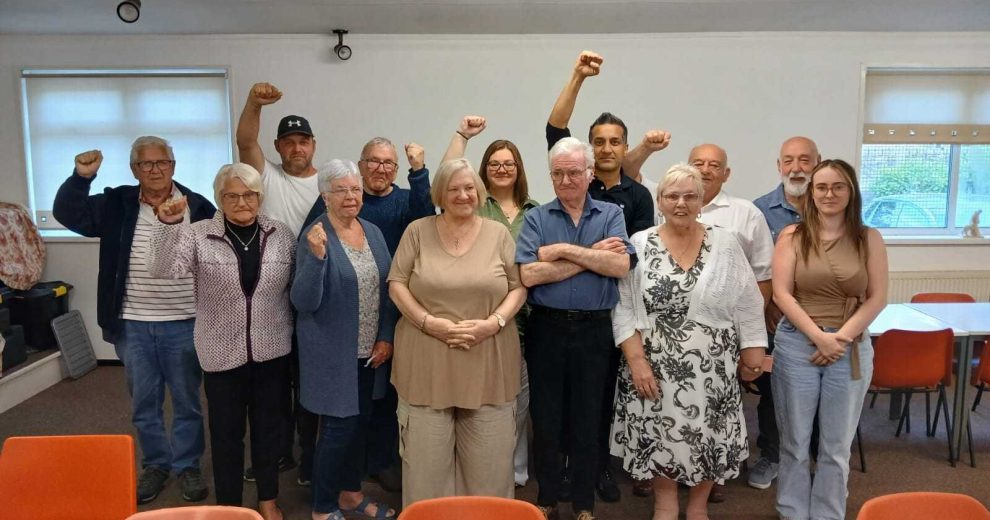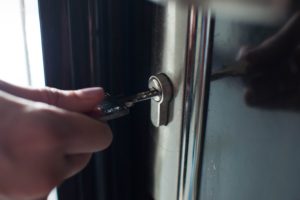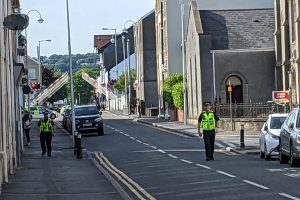Campaigners demand full remediation and public inquiry as Welsh Government defends current measures
CAMPAIGNERS have renewed calls for urgent government action over homes in Hirwaun affected by crumbling concrete, amid warnings that residents are being left in unsafe and unsellable properties.
In a strongly worded letter sent on Wednesday (June 19), Wilson Chowdhry, chairman of the UK RAAC Campaign Group, accused the Welsh Government of failing to adequately support homeowners dealing with the legacy of Reinforced Autoclaved Aerated Concrete (RAAC).
The lightweight building material, used in the construction of homes on the Gower Estate in Hirwaun, has been linked to serious structural risks. Many residents say they have been left in limbo—unable to sell their homes, afford repairs, or qualify for financial assistance.
Support ‘not fit for purpose’
The Welsh Government has offered affected homeowners a £6,500 grant and access to an interest-free loan, alongside support from a dedicated officer at Rhondda Cynon Taf Council. However, Chowdhry says the scheme is too restrictive and inaccessible to those most in need.
He said: “Most affected homeowners are unable to access this support, many of whom are low-income or elderly individuals. The current offer, while well-intentioned, is not fit for purpose and is causing immense distress and anxiety.”
Campaigners are calling for a fully funded remediation programme without means-testing or repayment conditions—similar to schemes introduced in the wake of the Grenfell Tower fire.
Government response
Responding to Chowdhry’s earlier letters, Deputy Director of the Welsh Government’s Place Division, Richard Baker, said the issue of RAAC was being taken seriously and highlighted ongoing collaboration with local authorities and social landlords.
In a letter dated June 17, Mr Baker confirmed that some eligible homeowners have already received financial support and that further assistance is available through local channels. He also pointed to the work of the Ystadau Cymru Building Safety Sub-Group, which brings together public sector experts to coordinate responses to building safety concerns across Wales.
Calls for public inquiry rejected
Chowdhry also called for a public inquiry into the historical use of RAAC, alleging regulatory failings and a lack of oversight that allowed dangerous materials to be used in housing stock for decades.
But the Welsh Government has rejected the need for an inquiry, saying much is already known about the risks and that a formal investigation would be costly and unlikely to uncover significantly new information.
Chowdhry disagrees, arguing that residents deserve transparency and accountability: “A Public Inquiry would provide public reassurance—outcomes that cannot be achieved through internal working groups alone.”
High-risk register ‘too resource intensive’
The campaign group has also criticised the Government’s decision not to pursue a national register of high-risk properties, describing it as a “profoundly disappointing” failure of leadership.
Mr Baker said creating such a register would be “a substantial undertaking, requiring significant resources,” and confirmed there are currently no plans to proceed with it.
Principled stance needed
Although no UK-wide funding for RAAC remediation has yet been made available, Chowdhry urged ministers in Cardiff Bay to show leadership and either establish an independent Welsh fund or apply greater pressure on the UK Government.
He said: “It is equally troubling that the Welsh Government appears to be awaiting legislative examples from other parts of the UK rather than demonstrating leadership and innovation… A more proactive, principled approach is urgently needed if we are to take building safety seriously and avoid further public harm.”
The Herald understands that discussions between the Welsh Government and local authorities are ongoing.














